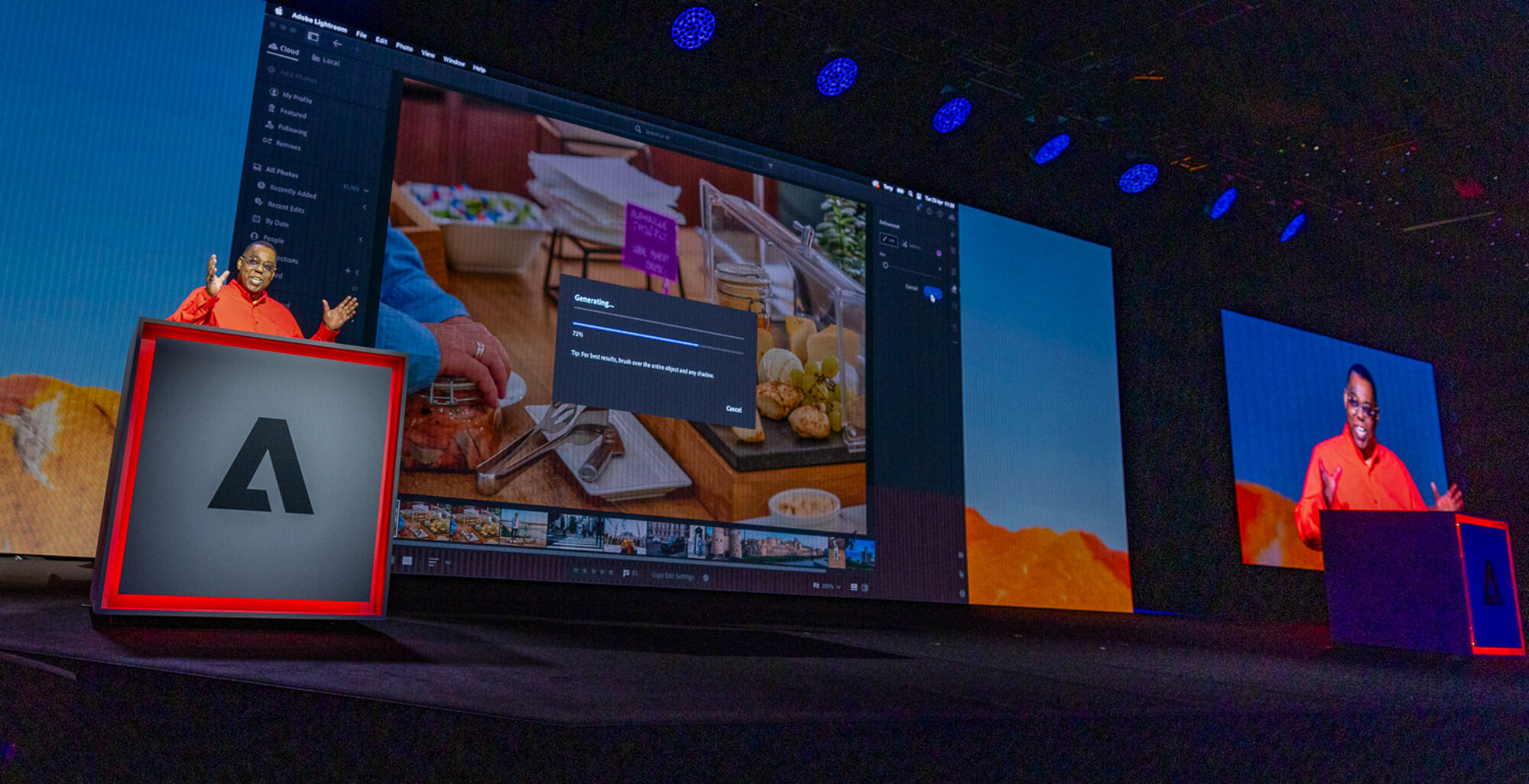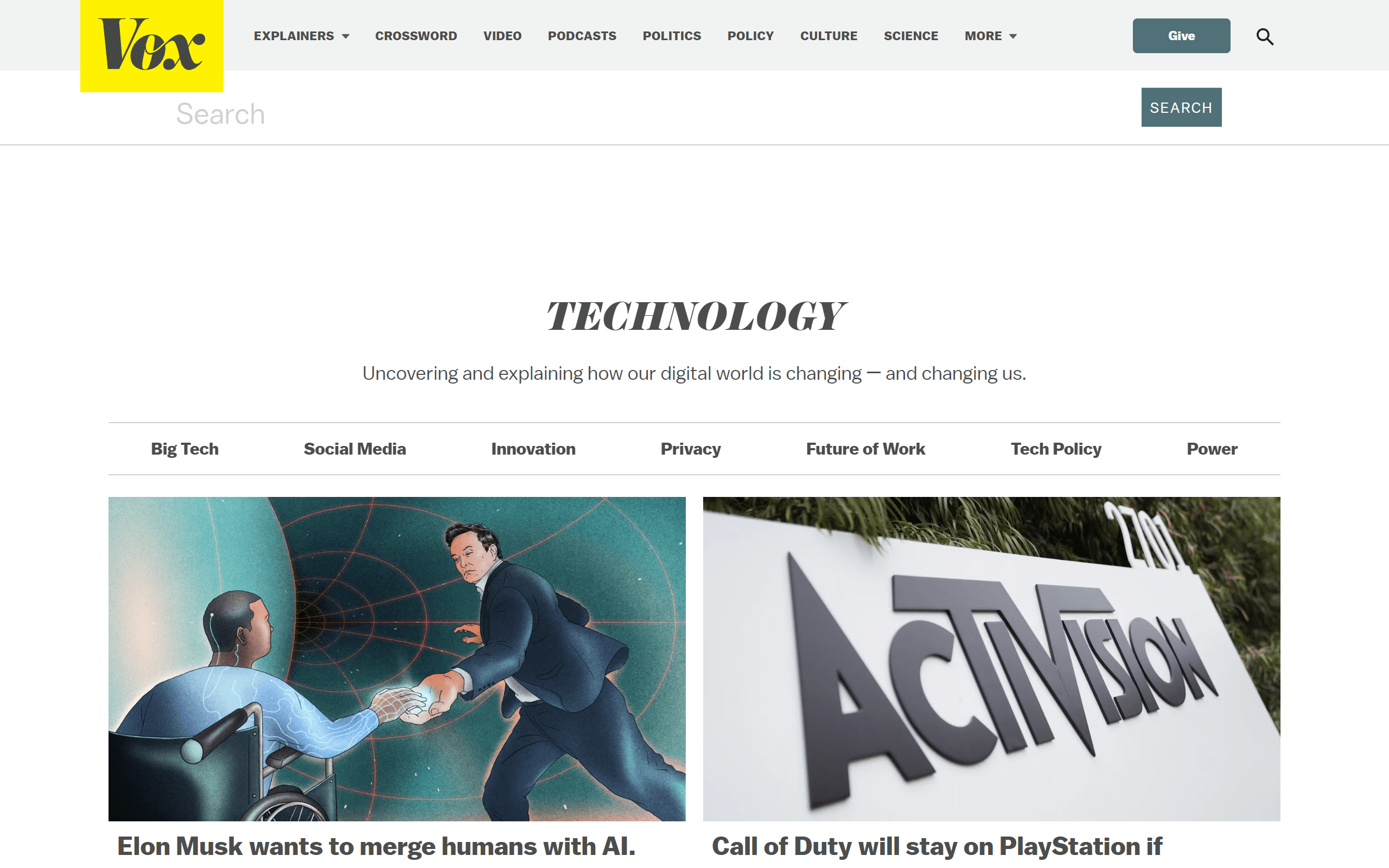Exactly How Blockchain Modern Technology Is Revolutionizing Data Protection
Blockchain innovation is basically changing the landscape of data safety by introducing a decentralized structure that guarantees improved openness and resilience. Unlike typical systems, which rely on central data databases, blockchain distributes data throughout a network, lessening susceptabilities and single factors of failing. The usage of innovative cryptographic techniques guarantees that information remains tamper-proof, promoting trust fund amongst stakeholders and individuals.
The Fundamentals of Blockchain
Blockchain technology, a revolutionary principle in electronic information management, essentially transforms just how info is saved and safeguarded. At its core, a blockchain is a dispersed ledger that tapes deals throughout a network of computers, ensuring openness and immutability. The innovation operates a chain of blocks, each including a listing of purchases. As soon as a block is loaded, it is time-stamped and linked to the previous block, developing a sequential chain.
Secret to comprehending blockchain is the hashing procedure, which secures transaction information into an one-of-a-kind alphanumeric code. This cryptographic function makes certain that any alteration in the purchase data leads to an entirely different hash, therefore safeguarding against tampering. The consensus system, one more crucial component, verifies and confirms new deals with a network of nodes, consequently getting rid of the need for a central authority.
Additionally, blockchain's append-only framework makes sure that information, when added, can not be erased or altered. This characteristic assurances a irreversible and verifiable record of purchases, cultivating trust fund amongst individuals. Therefore, blockchain provides a robust structure for information honesty, offering industries a reliable method for monitoring and managing digital details in a safe, transparent fashion.
Decentralization and Protection
Decentralization, a core principle of blockchain modern technology, substantially improves information security by dispersing control throughout a network instead than depending on a single, centralized entity. By spreading information throughout many nodes, blockchain guarantees that also if one node is jeopardized, the entire network remains protected.

Each participant in the network has access to the whole blockchain, allowing them to validate and examine deals independently. Generally, decentralization is instrumental in improving data safety in blockchain networks.

Cryptographic Methods
At the heart of blockchain innovation, cryptographic techniques play an essential function in protecting data, making certain both discretion and stability. These strategies are fundamental to the blockchain's capability to firmly record purchases in a decentralized way. Cryptography in blockchain uses a mix of symmetric and uneven algorithms to secure information, making it accessible only to licensed events - Best tech blog. Public and personal key pairs are central to this procedure, permitting for secure verification and identification confirmation without disclosing delicate details.
Hash functions are another essential part, changing input data into a fixed-size string of personalities, successfully creating a distinct digital fingerprint for every block. This makes certain that any effort to alter the information will certainly cause a completely various hash, hence keeping the immutability of the blockchain. Electronic trademarks validate the authenticity and stability of deals, supplying a layer of non-repudiation.
The decentralized nature of blockchain, incorporated with robust cryptographic techniques, gets rid of the requirement for middlemans, decreasing prospective vulnerabilities. As blockchain technology advances, advancements in cryptography such as zero-knowledge evidence and homomorphic file encryption proceed to improve safety steps, additionally fortifying information security in this innovative digital ledger system.
Use Situations Across Industries

In the health care market, blockchain makes certain browse around here the protected storage space and sharing of patient records, promoting interoperability while safeguarding sensitive information from unapproved accessibility. This modern technology empowers people with control over their case history and facilitates smooth sychronisation among health care companies.
Supply chain administration benefits considerably from blockchain's unalterable journal, which makes certain traceability and credibility of items from beginning to customer. By improving openness, blockchain aids minimize problems such as counterfeiting and unethical sourcing.
Furthermore, blockchain's decentralized nature is reshaping the power sector by enabling peer-to-peer power trading, where consumers can get and sell excess renewable resource directly. This cultivates a much more efficient and lasting power community.
In the world of intellectual property, blockchain gives a tamper-proof platform for creators to sign up and safeguard their works, ensuring rightful acknowledgment and reasonable settlement. These diverse usage situations highlight blockchain's role as an essential pressure in redefining information security across markets.
Future of Information Defense
As we seek to the future of information security, blockchain modern technology is positioned to play a crucial role in securing digital info. With its decentralized and immutable attributes, blockchain offers a durable structure for protecting sensitive data against unauthorized access and cyber risks. This technology guarantees that once information is tape-recorded, it is almost impossible to alter without discovery, therefore offering a significant benefit over standard data storage approaches.
The integration of blockchain with various other innovative technologies, such as expert system and the Internet of Points (IoT), is anticipated to boost information security approaches further. By leveraging clever agreements, companies can apply and automate protection procedures, decreasing human mistake and enhancing performance. Furthermore, blockchain's capacity to supply transparent and traceable transactions will certainly bolster trust fund and responsibility in data administration methods.
As regulatory landscapes progress, blockchain's compliance-friendly nature will certainly end up being increasingly hop over to here appropriate. It can help organizations fulfill strict information security guidelines, such as the General Data Security Policy (GDPR) and the California Customer Privacy Act (CCPA), by supplying proven records of information processing activities. Ultimately, blockchain's distinct features placement it as a transformative device in the continuous mission to safeguard the digital world versus ever-evolving cyber risks.
Final Thought
Blockchain innovation represents a standard click this site change in data safety by leveraging decentralization and cryptographic strategies to enhance transparency, count on, and data integrity. Its capability to get rid of single points of failure and utilize consensus devices considerably reduces the risk of fraudulence and cyberattacks. This innovative framework not only empowers users with greater control over their data yet likewise lines up with regulative conformity. As cyber hazards advance, blockchain emerges as a crucial device for durable information defense across numerous sectors.
Blockchain technology is basically changing the landscape of data safety and security by presenting a decentralized framework that promises boosted transparency and durability. Unlike conventional systems, which rely on central information databases, blockchain distributes data across a network, lessening vulnerabilities and solitary factors of failing.Decentralization, a core principle of blockchain modern technology, dramatically enhances data security by dispersing control across a network rather than depending on a singular, central entity.At the heart of blockchain technology, cryptographic methods play a pivotal function in protecting data, ensuring both discretion and integrity.Blockchain technology represents a standard change in data protection by leveraging decentralization and cryptographic strategies to improve openness, trust fund, and data stability.